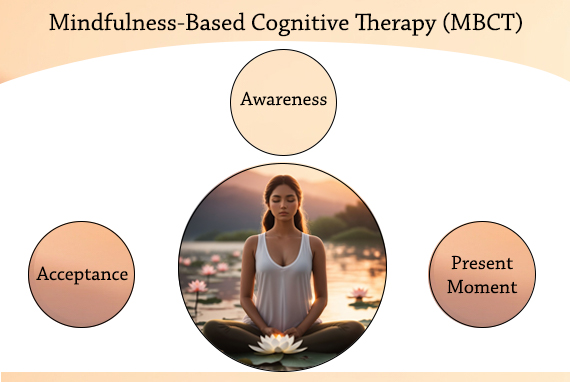
Abuse and Neglect
Abuse and neglect are serious public health problems and can have long-term impacts on your health and well-being. We work with you to help heal your inner child and increase positive cognitions and stop the negative self talk.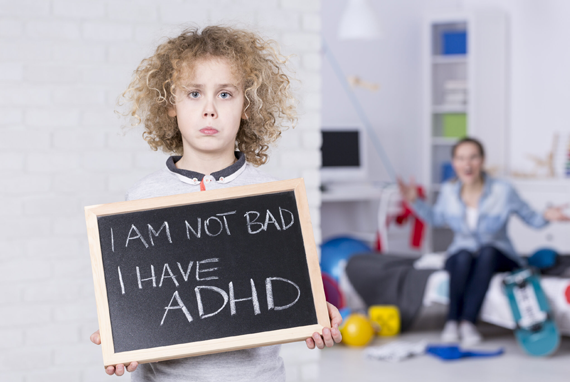
Attention-Deficit / Hyperactivity Disorder (ADHD)
People with ADHD have trouble paying attention, controlling impulsive behaviors, have difficulty focusing, failing to follow through on instructions and completing tasks. We will assist you in providing resources, tips and techniques to help manage your disorder.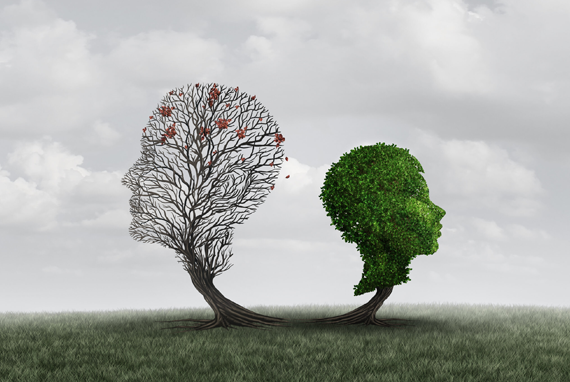
Bipolar Disorder
Bipolar disorder causes changes in a person's mood, energy, and ability to function. Bipolar disorder disrupts relationships with loved ones and can cause going to work or school difficult. When treated, people with bipolar disorder can lead full and productive lives.
Children's Therapy
We work with children and their families to help reduce stress, increase a child's sense of safety, decrease rages, increase emotional vocabulary and build grounding and coping skills.
Depression and Anxiety
Depression, fear, and anxiety are some of the most common and uncomfortable emotions that we can experience at some point in our lives. Through counseling and treatment, we are able to help you recover motivation, perspective, and joy that you once had in your life.
Grief and Loss
Grief and Loss is one of the most painful and stressful life experiences there is. Whether your grief is from the death of a loved one, divorce, a loss of your health or any other significant change, we are here to support you through your journey.
Trauma & Post Traumatic Stress Disorder
Many individuals can experience symptoms associated with painful and traumatic circumstances. Anxiety, fear, and hopelessness are a few emotions that can linger post traumatic events. We can help you overcome these symptoms and guide you through the process of healing. We specialize in trauma-informed care and EMDR therapies. Currently, we are in network with Aetna, CalVCB, Cigna and United Healthcare. Covered members pay an average copay of $25-$30 depending on insurance. Please check your insurance coverage; your final copay may vary based on your coverage.Healing Modalities
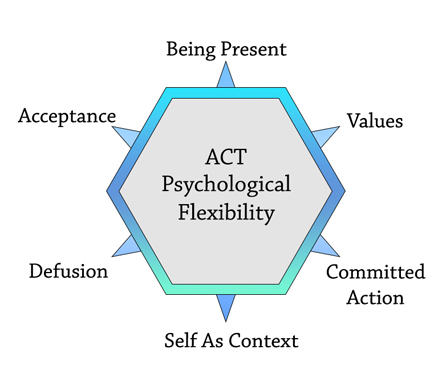
Acceptance and Commitment Therapy (ACT)
Acceptance and Commitment Therapy (ACT) is a psychotherapeutic method focused on fostering psychological flexibility. It encourages individuals to embrace their thoughts and feelings, promoting mindfulness and present moment awareness. ACT comprises six key principles: cognitive defusion, acceptance, present moment awareness, self-as-context, values clarification, and committed action. This approach helps individuals detach from distressing thoughts, accept emotions, and align their actions with their values. ACT is versatile and applicable across various mental health issues, emphasizing resilience, mindfulness, and personal growth.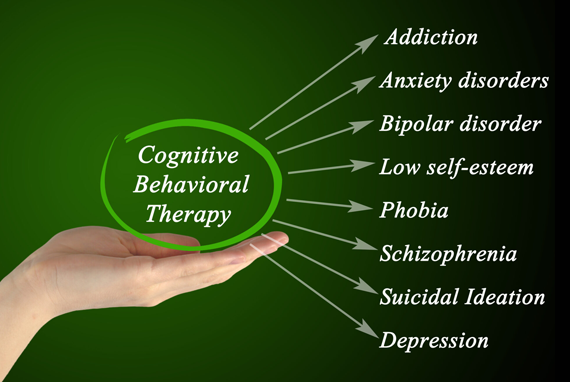
Cognitive Behavioral Therapy (CBT)
We practice Cognitive Behavioral Therapy. It has been shown to be effective for a range of problems including anxiety, depression, and trauma. Many research studies show that CBT improves functioning and quality of life. It has also been demonstrated to be as effective as, or more effective than, other forms of psychological therapy or psychiatric medications.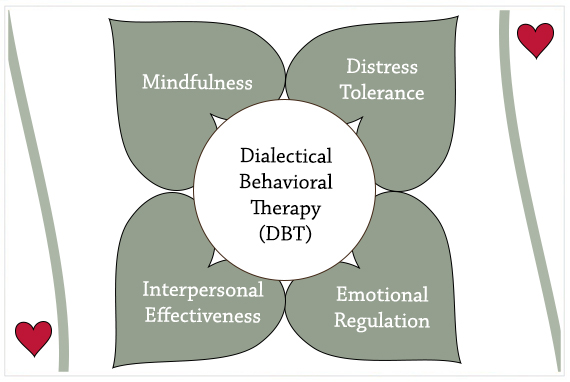
Dialectical Behavioral Therapy (DBT)
Dialectical Behavioral Therapy (DBT) is a widely recognized therapeutic approach that combines elements of cognitive-behavioral techniques with Eastern mindfulness practices. This evidence-based therapy emphasizes the balance between acceptance and change, encouraging clients to acknowledge and validate their emotions while simultaneously learning practical skills to manage distress and improve interpersonal relationships. DBT consists of four main areas: mindfulness, interpersonal effectiveness, emotion regulation, and distress tolerance. Through structured individual sessions, clients learn to cultivate emotional awareness, navigate interpersonal conflicts, regulate intense emotions, and cope effectively with crises. DBT equips individuals with the tools they need to lead more fulfilling lives and achieve lasting emotional stability.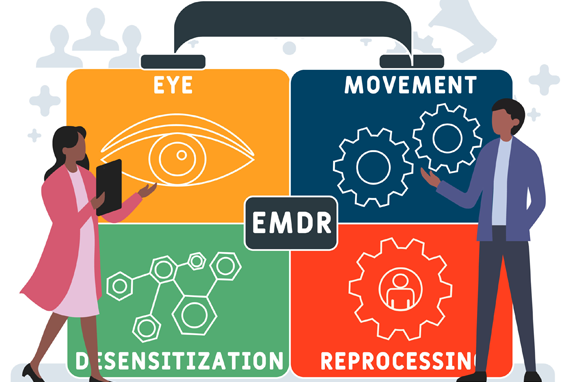
Eye Movement Desensitization Reprocessing (EMDR)
Eye Movement Desensitization Reprocessing (EMDR) uses eye movements and other forms of stimulation to activate the brain’s ability to resolve current concerns and past traumas. The ultimate result we feel better, not just think we are better!